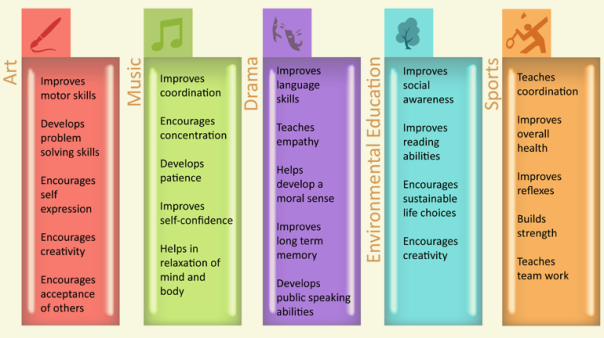
Educated women are capable of bringing socio-economic changes. The constitution of almost all democratic countries, including India, grantees equal rights to both men and women.
Primary education is now a fundamental right. When a woman (or a girl) is ensured of her rights, the society at large is ensured of its sustainability.
Realizing the importance of women education, the government and many non-government organizations took a lot of projects to spread women education. Literacy programs are being taken in favor of women.
Importance of Women education
The importance of women education are briefly summarized below:
Economic development and prosperity: Education will empower women to come forward and contribute towards the development and prosperity of the country.
Economic empowerment: So long as women remain backward and economically dependent on men, the helpless condition of them cannot be changed. Economic empowerment and independence will only come through proper education and employment of women.
Improved life: Education helps a woman to live a good life. Her identity as an individual would never get lost. She can read and learn about her rights. Her rights would not get trodden down. The life or condition of women would improve a lot, if we take a broad outlook in the field of female education.
Improved health: Educated girls and women are aware of the importance of health and hygiene. Through health education, they are empowered to lead a healthy life-style. Educated mothers can take better care of both herself and her baby.
Dignity and honor: Educated women are now looked upon with dignity and honor. They become a source of inspiration for millions of young girls who make them their role-models.
Justice: Educated women are more informed of their rights for justice. It would eventually lead to decline in instances of violence and injustice against women such as dowry, forced-prostitution, child-marriage, female foeticide, etc.
Choice to choose a profession of her choice: Educated women can prove be highly successful in the fields of life. A girl-child should get equal opportunity for education, so that, she can plan to become a successful doctors, engineers, nurses, air-hostesses, cook, or choose a profession of her choice.
Alleviate poverty: Women education is a pre-requisite to alleviate poverty. Women need to take equal burden of the massive task of eliminating poverty. This would demand massive contribution from educated women. There cannot be much social and economic changes unless girls and women are given their rights for education.
Until the middle of nineteenth century, girls and women were educated only for traditional household works. Now, the society is witnessing changes in the role-status of women. There is greater emphasis on education girls and women in the same way as we educate boys and men. The modern day parents want to fulfill the aspiration of their children without gender parity.
The educated women should insist on exercising their civil, social, political and economic rights. This will help improve the overall condition of women in the society. We can hope for better days while all women of our country will be enlightened and educated.

